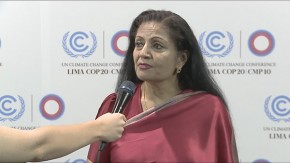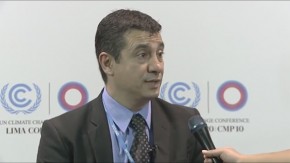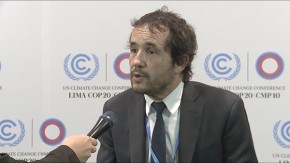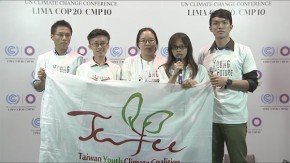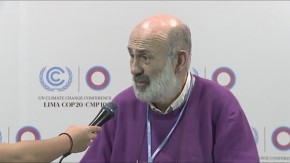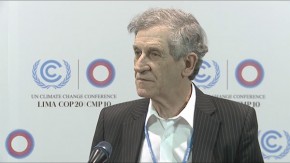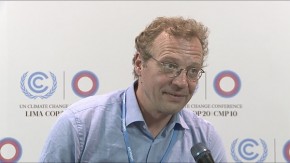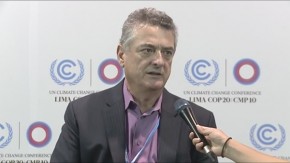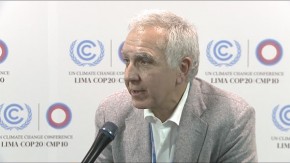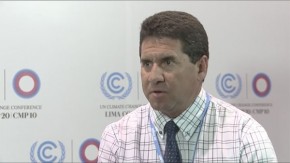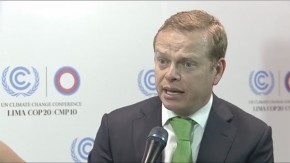COP20 (09/12/14) – Lakshmi Puri explains the women and gender equality will be instrumental and defining in achieving climate action as both enablers and leaders. Gender must be mainstreamed into all key elements of the Paris agreement including adaptation, mitigation, loss and damage, finance, means of implementation and technology transfer. Each element must look at how women are differentially and disproportionately impacted by climate change, as well as focusing on women’s agency and role.
Puri elaborates that although gender issues have come a long way since the Kyoto Protocol, and the term currently used in the draft text of ‘gender sensitive’ is a good start, progress is still needed. Gender responsive would be a better term, but most importantly the enabler-beneficiary relationship must be recognised.This recognises the link between gender equality and women’s empowerment, and effective climate. If there is gender equality and empowerment in the context of sustainable resource management, then you enable effective climate action. This must be done in a way that empowers women economically, socially and politically.
Finally, Puri comments on the current status of gender balance in the UNFCCC progress. She tells RTCC that in 2013 a decision called the Doha Miracle was made to achieve gender balance in governing bodies, the secretariat, and negotiating teams. Although there are many women leading in the UNFCCC process, the level of women’s participation in global consensus building and decision making still needs to be raised.
